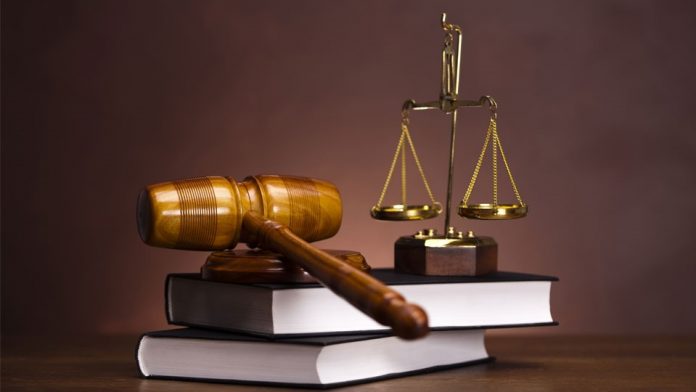Supreme Court Judgment- KRISHNA KUMAR SINGH & Anr VS. STATE OF BIHAR & Ors on January 2, 2017
A bench of 7 judges of the Hon’ble Supreme Court held that re-promulgation of the ordinance is a fraud on the Constitution.
An ordinance is an order that is passed by the Union executive is an emergent situation, where the two houses of the Parliament are not a party to such an order because they are not in session. In other words, an ordinance is different from a legislation, wherein the latter requires due sanction from both houses of the Parliament. Article 123 of the Constitution gives power to the President of India and Article 213 to the Governor of any state to issue an ordinance when the Parliament is not in session. An ordinance is said to have the same legal effects as that of a legislation.
FACTS OF THE CASE :
The appeal arises from a group of petitioners who were serving as teaching and non-teaching staff at Sanskrit schools in Bihar, aggrieved by the decision of the High Court Bench of Patna.
These Sanskrit schools were originally private schools under the Bihar Sanskrit Shiksha Board (hereinafter referred to as BSSB), funded by grants-in-aid received from the State Government of Bihar. The grants would be collectively given to BSSB, which then would allocate the same among these schools to meet their capital and routine operating expenses, including emoluments in accordance with the manner established by the Government.
However, Ordinance 32 of 1989 enabled the management and control of these schools to be taken over by the Bihar Government. This ordinance rendered all assets, resources and staff to be transferred to the control of Bihar Government.
The staff members claimed to be reimbursed in the manner of every other government servant under the Bihar Government, on account of their schools being taken over. In turn, it was decided by the government that they would lay off the staff in excess of the requirement, or those not meeting the minimum or adequate qualification criteria.
A series of promulgations of ordinances took place during this period. In response to the appeal of the staff of the Sanskrit schools, the High Court held that they would only hold government servant status and receive salaries and emoluments as government servants from 16/12/1989 – 30/4/1992, the date on which the last ordinance would lapse.
ISSUES OF THE CASE :
This case primarily deals with aggrieved staff members of the Sanskrit schools of Bihar, who were denied the government servant status post the lapse of the last ordinance on 30/4/1992. The issues associated with this case were as under:
- Ordinances are said to be promulgated under special and emergent circumstances only, by the Governor of any state, as a result of the powers vested under Article 213. Since these aren’t approved by the Legislative Assembly, there are chances that they may not be in the best interest of all parties involved.
- Further, since the Governor enjoys special powers to declare an ordinance, abuse of power is likely in case it is re-promulgated. The same was observed by the High Court of Bihar, which held that “Ordinance Raj” isn’t a fair move and that it gives unnecessary privileges to a certain group of people.
- The petitioners demanded status of ‘government servant’ even after the lapse of the last ordinance. This was simply indicative of the fact that the series of ordinances were being misused in favour of the petitioners.
JUDGMENTS DELIVERED IN THE CASE:
It was held by the Hon’ble Supreme Court that ordinances are not immune to judiciary. Ordinances declared are subject to the approval of the Court, in order to prevent the abuse of power.
- Ordinances shall only be promulgated once they pass the threshold of judicial review. An independent decision taken by the Union Executive shall not be valid anymore.
- Re-promulgation of ordinances amounts to fraud of the Constitution. In other words, if an ordinance is issued repeatedly, it shall be considered the impugning of the Constitution, which only gives the opportunity to a Union Executive like the President or the Governor to exercise their power of declaring an ordinance in emergencies.
- The judgment was delivered keeping in mind the democratic nature of the country, which keeps in mind the opinion of the representatives of the common man. These representatives are the Members of the Legislative Assembly of the various states and the Members of the Parliament of India.
- An ordinance legally has the same effect that legislation has, and if it goes through the approval of the judiciary, a more transparent system can be put into place.
In India, since the Supreme Court is the paramount decision-maker, this development leads to the exercise of power in a truly democratic manner and not misuse of power in an autocratic pattern.





